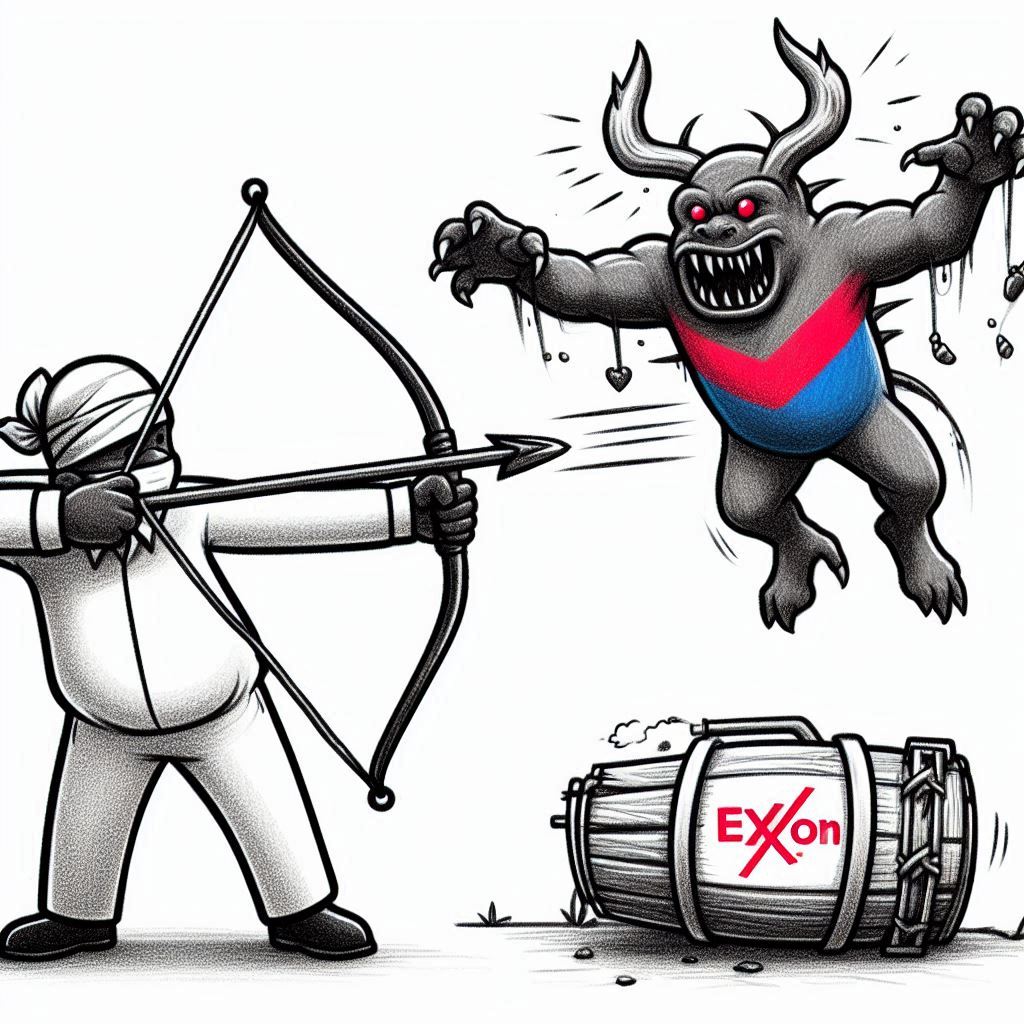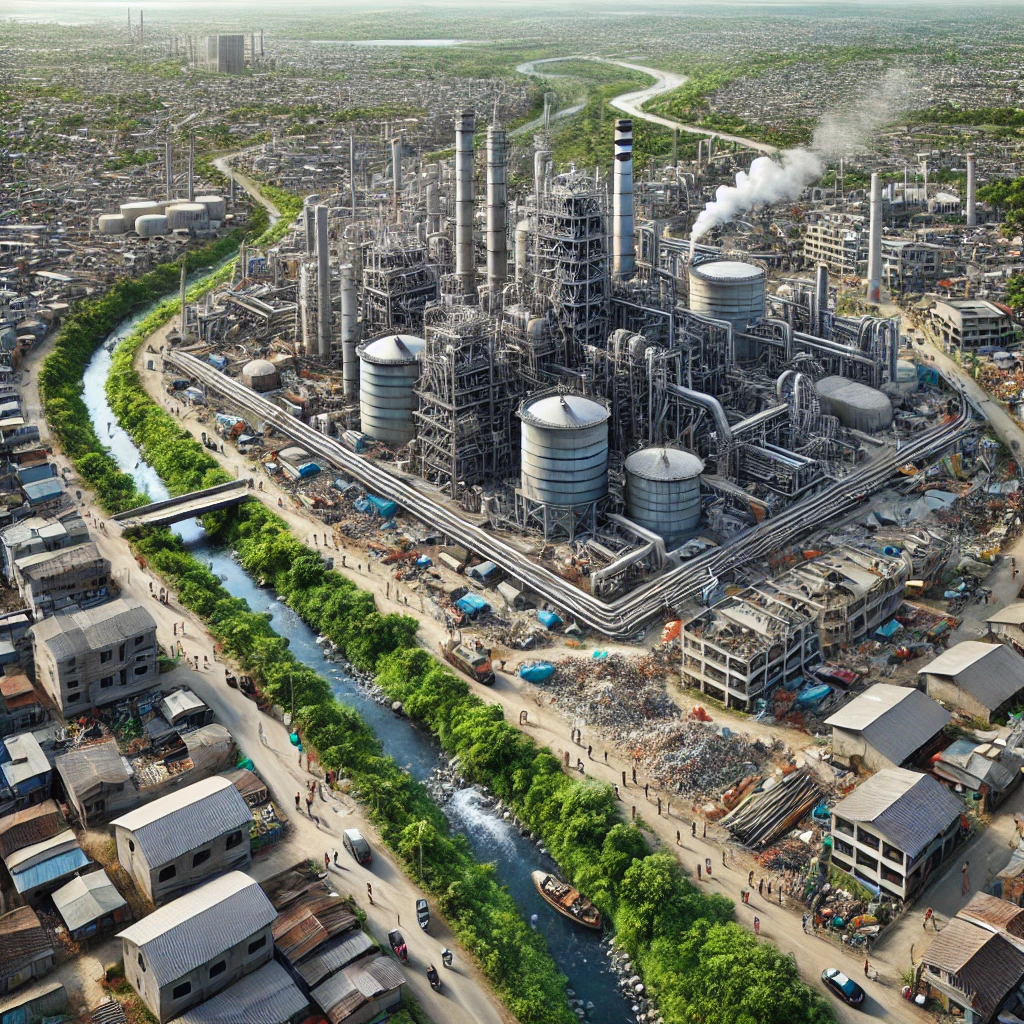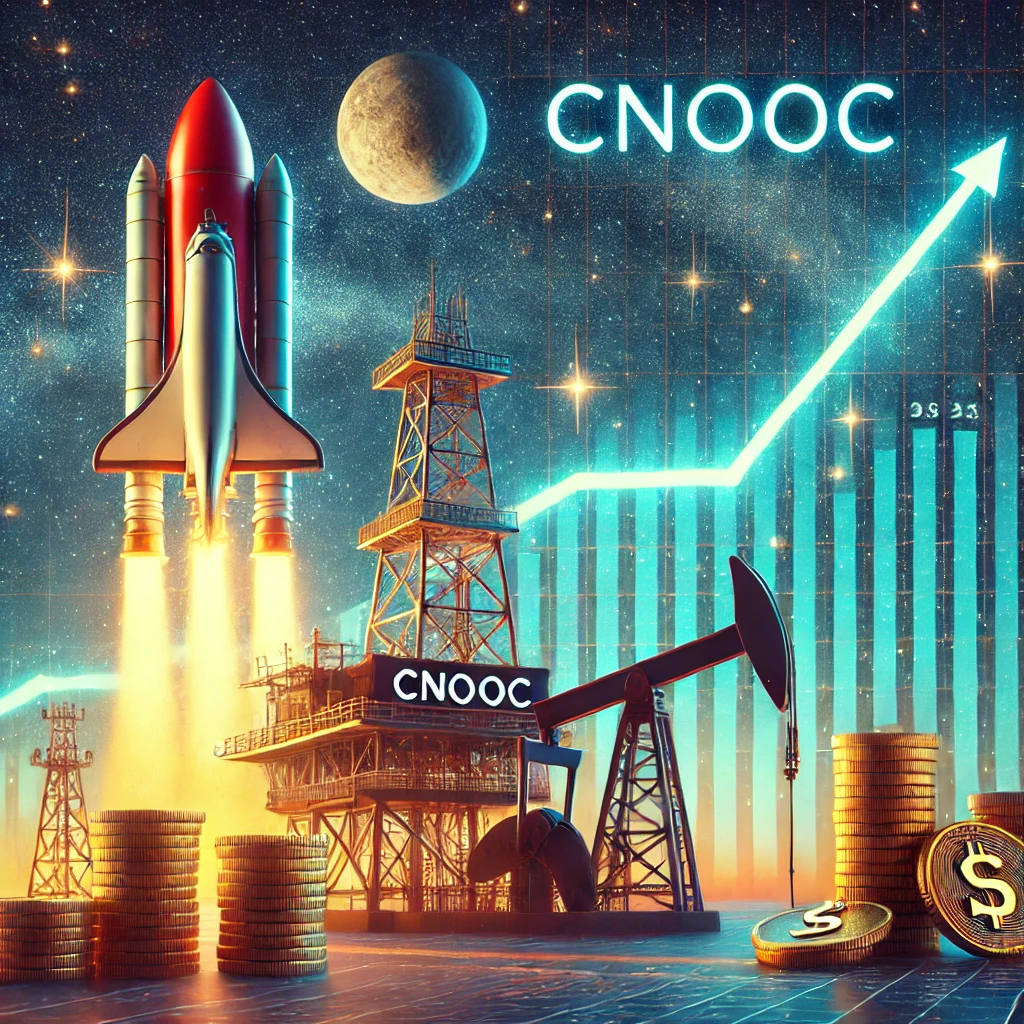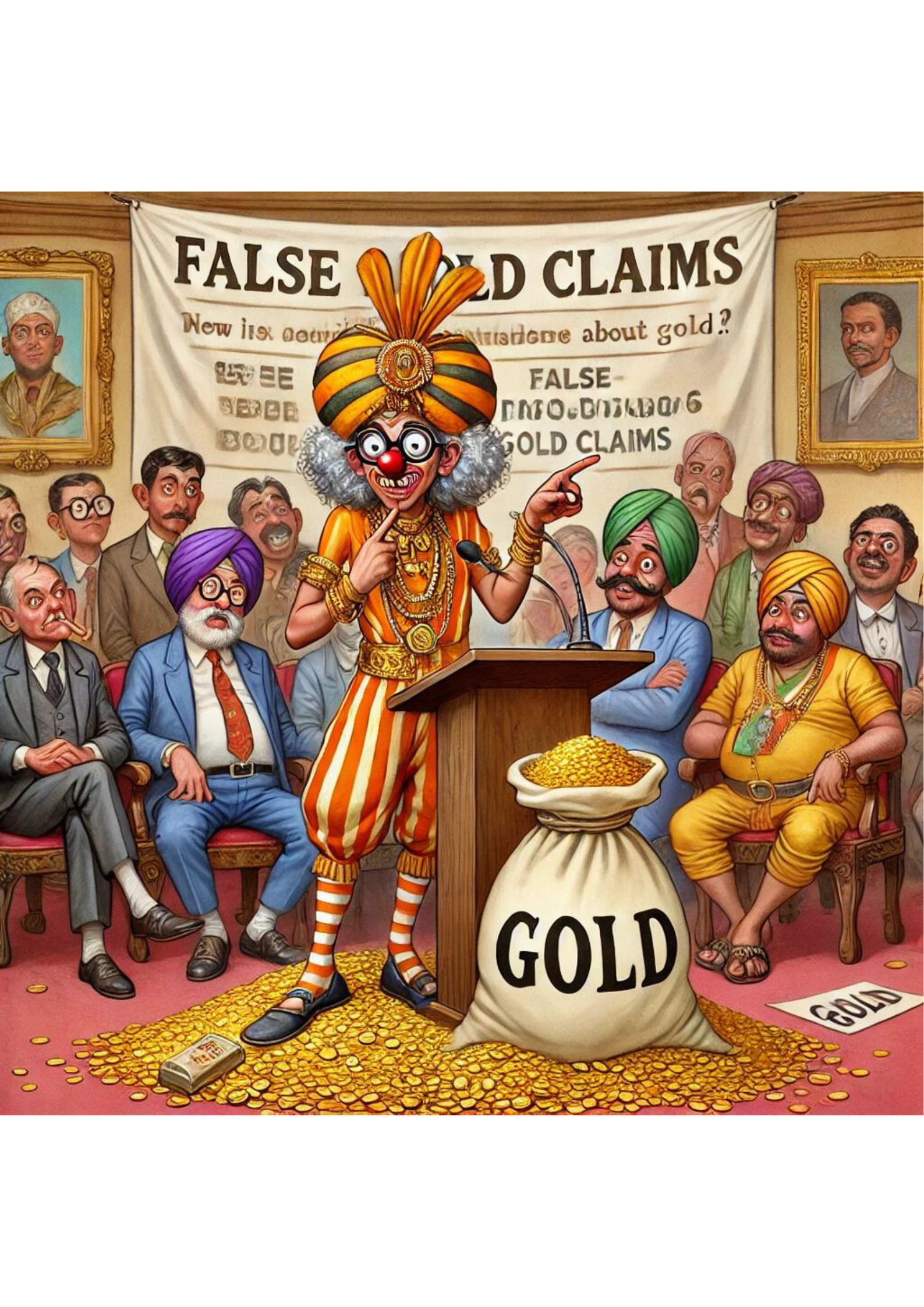Here is an idea that should be given top priority. Guyana needs to build up an entrepreneurial class. Guyana needs to develop a class of Guyana’s Product Brands. (Currently Guyana has only one such brand -15-year-old rum. Europe and North America cannot get enough of Guyana’s rum). Guyana needs a dozen new export products not to supplant but to complement its all too few current export products – rice, rum, timber, gold, sugar, fish.
Consider the following for its germinal ideas:
(1) Is there an export market for, say, bora? Can an entrepreneur export one million dollars’ worth of packaged, frozen, bora annually to the regional and extra-regional market? Does he have a good business plan? Let govt. provide him with startup funds – and help him with marketing skills, help him build his processing plant, acquire freezer trucks, research facility, etc. Give him a 5-year tax break. Benefits to the economy – he brings in valuable FX, employs 20-50 persons, collects bora from small growers and exports their produce.
(2) Is there an export market for furniture made of Guyana’s choice woods? Is there a willing, able entrepreneur? Can he partner with a foreign firm to obtain technology, furniture-design and marketing? Let govt. provide startup capital. Help him develop skilled labor. Provide him space in an Industrial park and tax-breaks. If we cannot find a Guyanese entrepreneur to produce a viable good for export market, then invite IKEA to build a plant in Guyana.
(3) Does a company like Texas Instruments want to come to Guyana to make electronic goods? Give them tax breaks, industrial site, develop skilled labour at the local technology institutes. (This is an idea that largely explains Singapore’s development).
Develop a list of 50 potential products that can be grown or manufactured in Guyana – with easily-acquired skills, little capital and technology. China first started with stitching clothes and handbags (fabric, leather and design given to them); then they went high-tech – making computer hard-drives and chips, software, and tons of high-tech manufactures. Today China is the factory of the world.
SPEND OIL REVENUES to develop an entrepreneurial class. This class makes and exports products, creates employment for local workers, skilled workforce develops. Incomes rise. GDP grows. Branded products get established. Consumer demand and stable markets for Guyana’s branded products develop. And, it all becomes sustainable in the long-run.
Cash payouts must be considered an extremely bad idea. It would only create misery upon misery – high inflation, cheating, dependency class. Of course, the indigent, aged, disabled who already qualify for the dole – must be provided for by the State. But a programme for wholesale handouts to every able-bodied citizen is at once inflationary. No new goods and services produced. Too many dollars chasing too few or same quantity of goods only raises the price-level (inflation).
I think Prof. Clive Thomas should try to understand what happened in Venezuela. All the agriculture (beef, rice, sugar) that flourished before oil, have now collapsed. Today, Venezuela imports practically all its food. Oil transformed Venezuela into a hand-out society and a hand-out culture. (To be fair, a loony leader in the person of Chavez, together with a 90% oil-dependent economy helped to destroy Venezuela).
Here my little anecdote on Chavez. Chavez did not understand that oil is a commodity that could be $100 a barrel one day, and $30 a year later. He did not understand the need for a Stabilization fund for the inevitable rainy day. He chose to splurge his windfall oil revenues to promote socialism – and worse to try to embarrass the U.S. govt. So, he blew out half-a-billion dollars’ worth of free oil to heat houses for “poor” American households. When the Congressman heard about the programme, he helped send the message out to enroll thousands of Americans in the Boston area: ‘Come, get some free oil, help the great Venezuela Socialist get rid of his largesse. It was a sad tale beyond comprehension. And, the Americans were not embarrassed, they were amused. He should have spent his oil money to build a balanced and sustainable economy for the Venezuelans.
And, I think this is where Prof. Thomas’ idea will take Guyana. It is the ‘Free Money model of Chavez’.
President Reagan popularized the fish aphorism – Don’t give the unemployed a fish, teach him how to fish and that would feed him for the rest of his life. Today, Guyana with its oil revenues can go beyond that – don’t only teach the unemployed “how-to-fish”, create the entrepreneurial engine that will also provide him life time employment.
What we need in Guyana is an entrepreneurial-dominant economy. For decades now, 80 -90 percent of Guyanese workforce look out for and depend on a government job to survive. It should be the other way around – 80 to 90 percent should look to businesses for employment. America is an entrepreneurial-driven economy, and that is a major reason why it is so successful.
Mike Persaud
Aug 19th, 2018










